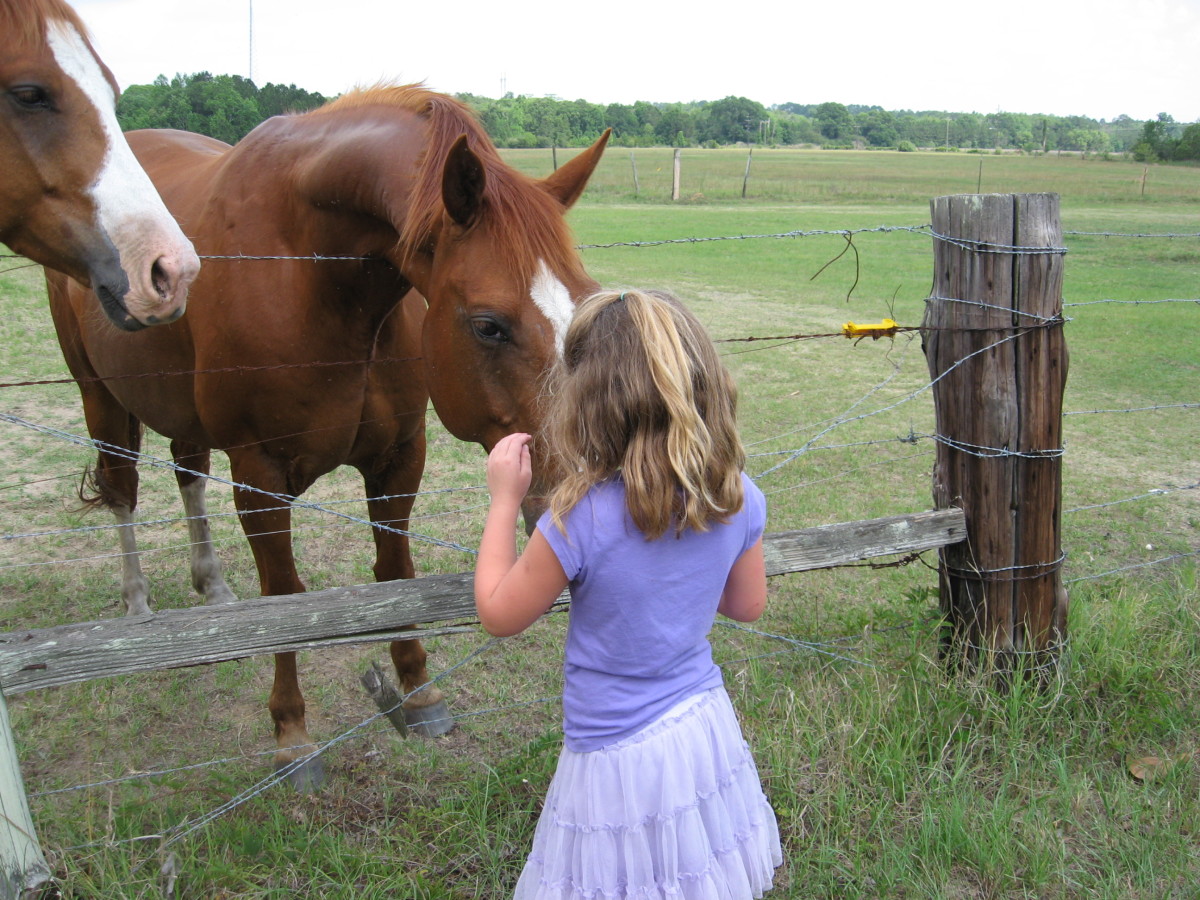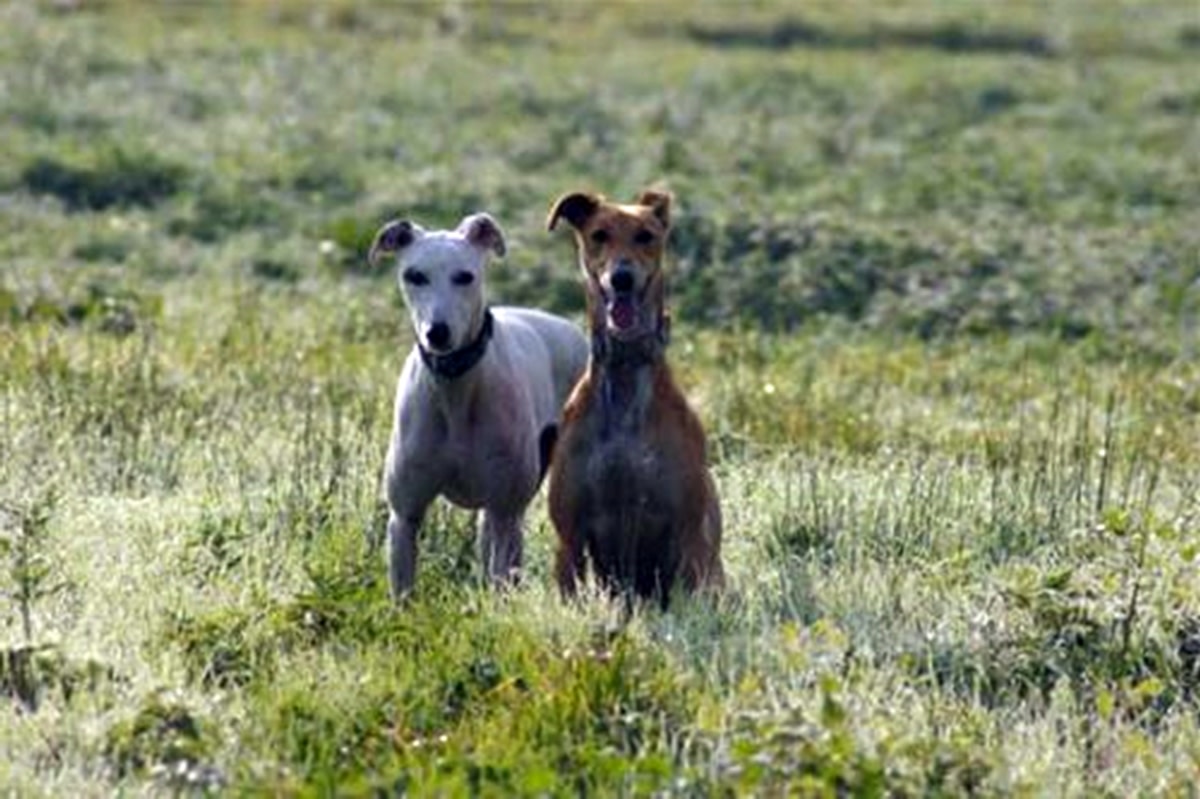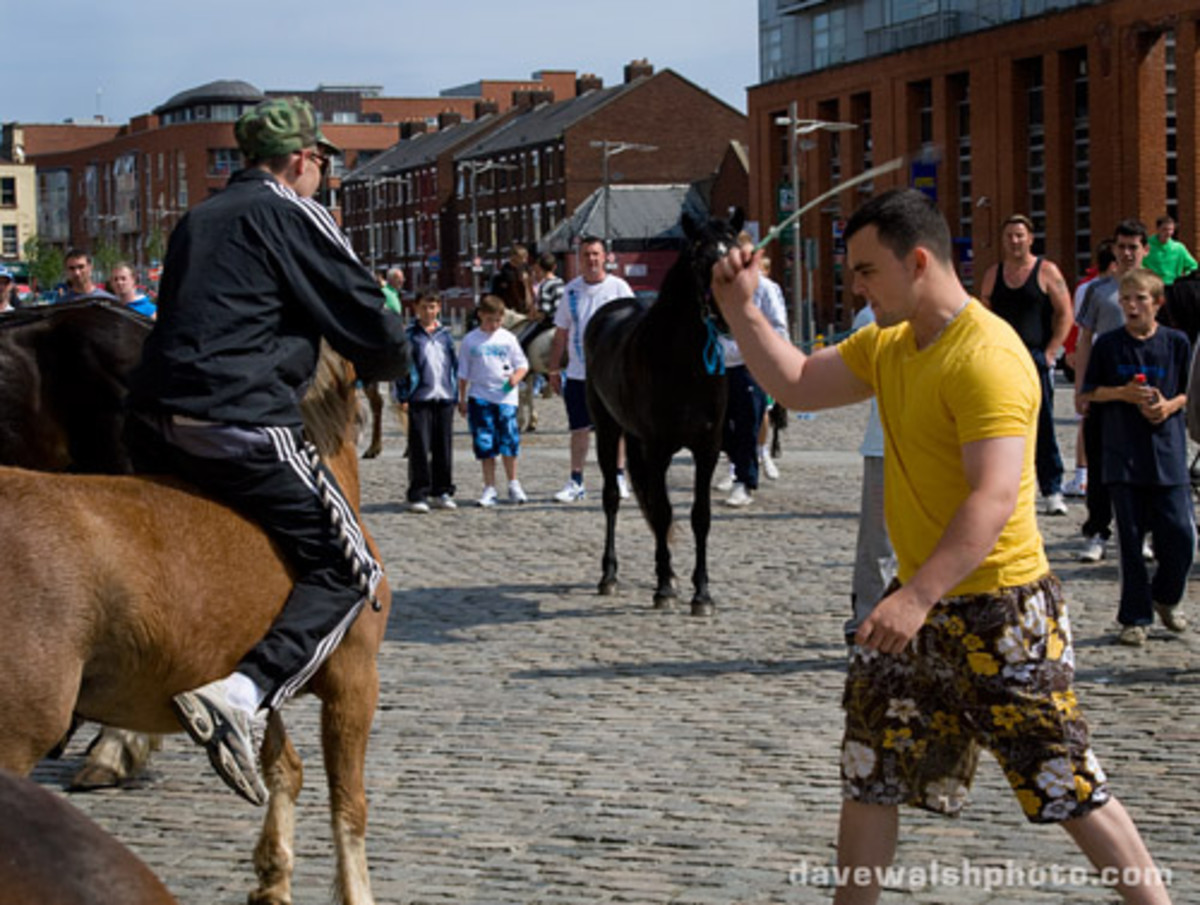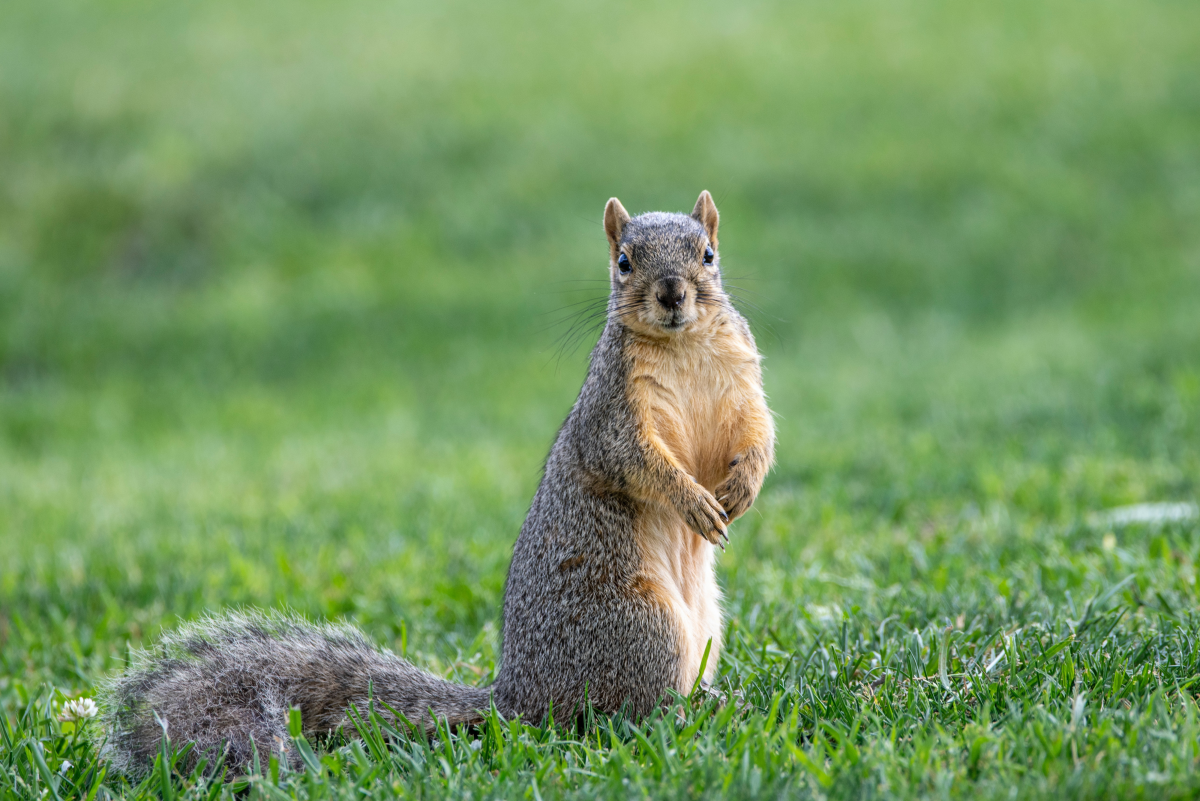What To Do If You Suspect Animal Abuse
What To Do If You Suspect Abuse
Many people may believe that they could recognize animal abuse if they saw it; however, not many people know what to do once they are aware of it. The ASPCA and other animal rights organizations offer advice and tips on what to do if you suspect animal abuse in your community.
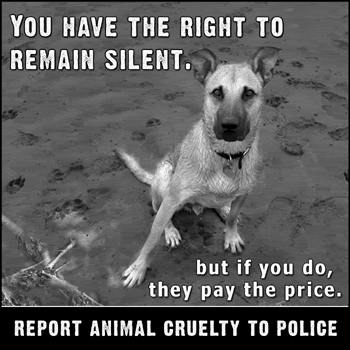
The first and most important step is to report your suspicions to local authorities or animal rights groups. The ASPCA website offers resources on how to find your local authorities on animal abuse issues. It is always helpful to the authorities if you are able to obtain a photo of the abuse or situations, and to date the photographs. Along with photos, as with any criminal complaint, it is often very helpful to investigators to have corroborating testimony from other witnesses. If another person or people witness the abusive behavior or affected animal, encourage them to come forward as well to add more evidence to your claim.
If you have a personal relationship with the pet owner in question, it might also be a good idea to approach them first with your concern. If you see that an animal is rather skinny, it might be suffering from an ailment or some other factor not directly related to the owner. While people might get offended, if you can express your concern in a positive way, it is likely that they will appreciate your concern for their pet more than their feelings of offense. Either way, if you know the owner personally, don't be afraid to make an inquiry before following through with a more formal report.
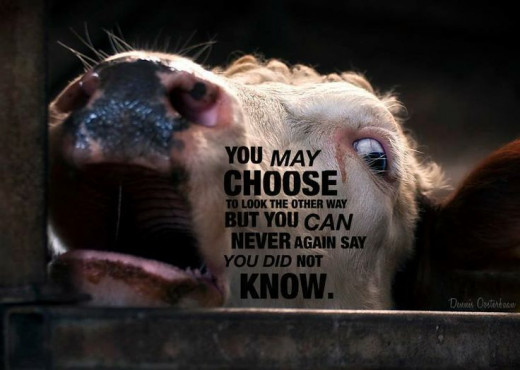
Once you have notified the proper sources, be sure to follow through on your claim, as many abuse reports may fall through the cracks, especially in overburdened organizations and in densely populated areas. If you make it clear to whomever is handling the case that you intend to follow through with your complaint, the authorities will likely ensure that your concerns about the issue do not fall to the wayside.
A good tip is to keep a person file on the case, including copies of your pictures, statements, dates, and names of the authorities and individuals you interacted with in this matter. This may come in handy at a later date if authorities chose to prosecute the abuser(s). If you are able to maintain a good rapport with the persons or people handling the case, most authorities will be happy to supply you with any information requested, as well as keep you informed on the status of the case.
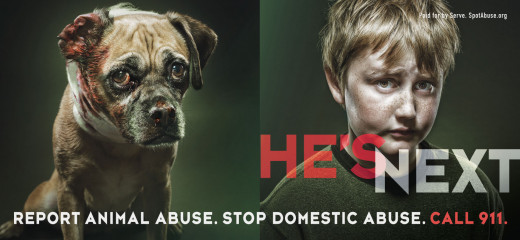
However, this may not always be the case. Some authorities, whether due to due an overabundance of situations that must be investigated, or occasionally, because of a lack of interest, do not follow up on many of these claims. If you feel that this is the case, try to wait until a reasonable amount of time has passed for the necessary people to at least begin investigating this matter. If you personally feel that enough time has elapsed, do not be afraid to contact the supervisor or individual responsible for the person or people whom you have contacted. These organizations and institutions were developed to handle these matters, and you as a citizen have every right to ensure that they are doing their job.
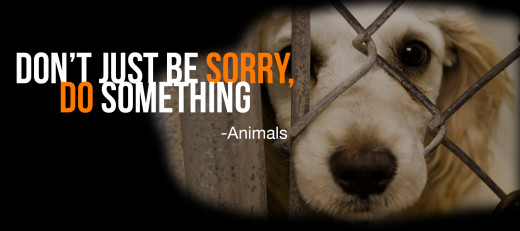
It is easy to make a difference in the world today. To protect and save innocent creatures who are victims of abuse, it is necessary to keep a watchful eye on your surroundings, and never to take anything for granted. If you suspect animal abuse, do not hesitate to contact your local authorities on the matter, and to follow up on your report.
The ASPCA website offers links to find your local authorities on animal abuse cases. Pets and other animals do not have a voice to defend themselves, so the responsibility falls to the good people of this world to protect them from harm, and to ensure justice is served upon offenders.
If you ever need to report abuse, you can contact our local authorities, or use any of these resources:


